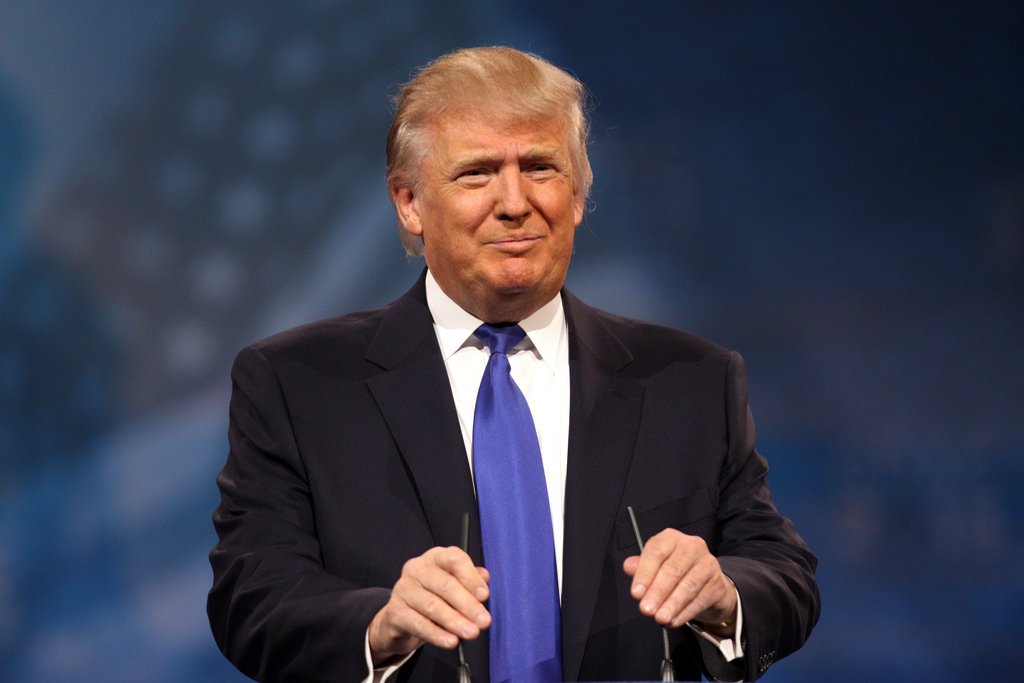President Donald Trump is standing firm over his ban on immigration from seven countries despite court rulings and mass protests against it.
In a statement, the president said visas would once again be issued once “the most secure policies” were in place, and denied it was a Muslim ban.
The move has been widely condemned.
Meanwhile, 16 state attorneys general have said the order is unconstitutional. Several federal judges have temporarily halted the deportation of visa holders.
Donald Trump’s executive order, signed on January 27, halted the entire US refugee program for 120 days, indefinitely banned Syrian refugees, and suspended all nationals from seven Muslim-majority countries.
Those who were already mid-flight were detained on arrival – even if they held valid US visas or other immigration permits. It is not known how many others were turned away at airports overseas as they tried to board flights to the US.
Thousands gathered at airports around the country to protest on January 28, including lawyers who offered their services for free to those affected.

Further demonstrations were held on January 29, including protests outside the White House and Trump Tower in New York.
As well as the ban on all refugees, travelers who have nationality or dual nationality of Iran, Iraq, Libya, Somalia, Sudan, Syria and Yemen are not permitted to enter the United States for 90 days, or be issued an immigrant or non-immigrant visa.
This includes those who share dual nationality with allied countries, although Canada has been told its dual nationals are not affected.
White House Chief of Staff Reince Priebus said US green-card holders – legal residents – would also not be affected, but some have been detained since the order came into effect.
President Trump tweeted early on January 29 that the US needed “extreme vetting, NOW” but later, in a statement, tried to offer more reassuring words, saying: “This is not about religion – this is about terror and keeping our country safe.
“We will again be issuing visas to all countries once we are sure we have reviewed and implemented the most secure policies over the next 90 days.”
Reince Priebus rejected criticism that the implementation of the order had been chaotic, and said only 109 people, out of 325,000 travelling, had been detained and “most of those people were moved out”.
He told reporters on January 29: “We’ve got a couple of dozen more that remain and I would suspect that as long as they’re not awful people that they will move through before another half a day today.”
However, they have failed to allay concern among some in their Republican party. Senator John McCain said the order would “probably, in some areas, give ISIS some more propaganda”, while Senate Majority Leader Mitch McConnell said it was important to remember that “some of our best sources in the war against radical Islamic terrorism are Muslims”.
Democratic Senate Majority leader Chuck Schumer said the US now appeared “less humanitarian, less safe, less American” and said the Democrats would introduce legislation to overturn it.
In a joint statement, 16 attorneys general, from states including California, New York and Pennsylvania, said they would “use all of the tools of our offices to fight this unconstitutional order” and, until it was struck down, would “work to ensure that as few people as possible suffer from the chaotic situation that it has created”.
Yesterday, federal Judge Ann Donnelly, in New York, ruled against the removal from the US of people with approved refugee applications, valid visas, and “other individuals… legally authorized to enter the United States”.
